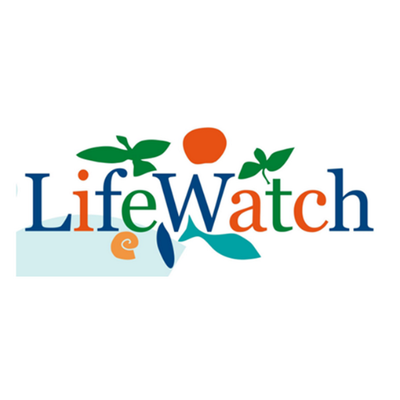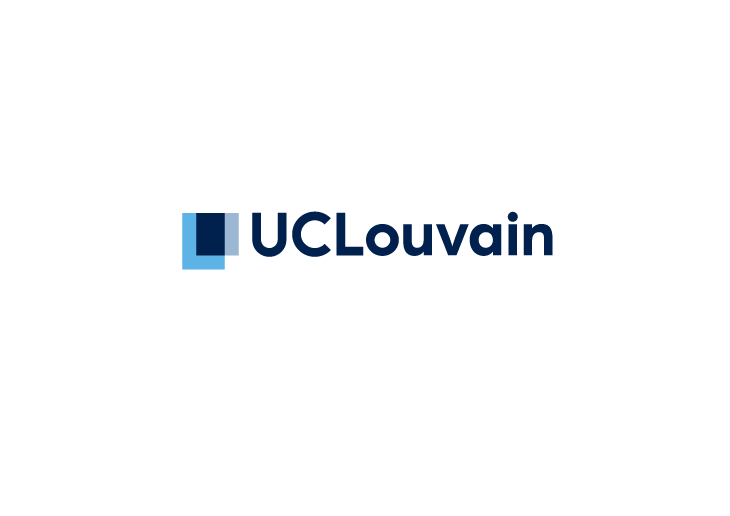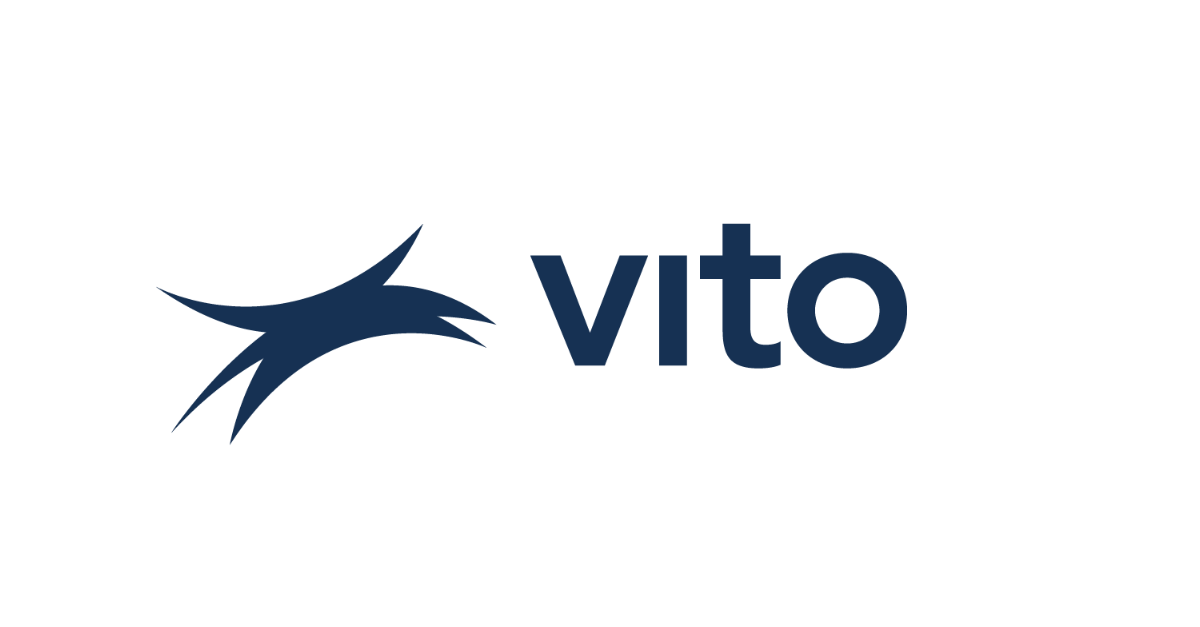Here is the listing of workshops to be organised in connection to our conference.
More information will be gradually added on these workshops.
Workshop 1: FAIR trees: phylogenetics in Galaxy
organized by Elixir


Currently, phylogenetic analysis using sequence data involves many steps using various bioinformatic tools. This translates into a steep and long learning curve for researchers with little bioinformatic knowledge since the majority of these tools run on the command line.
Galaxy is an open-source, free platform for FAIR data analysis that enables users to use more than 8K tools from computational biology and other domains through its graphical web interface. More importantly, Galaxy allows researchers to connect different tools into workflows, which can subsequently be deposited in registries, to ensure findability and reproducibility.
In this workshop, we will introduce the audience to the Galaxy environment and explore some of the tools and workflows available to perform phylogenetic analysis.
Learning objectives:
- familiarise yourself with the Galaxy environment: histories, data, tools, workflows, etc.
- do phylogenetic analysis in Galaxy: connect and download proteome from databases (e.g. ENSEMBL), find orthologs, align genomes, build concatenation matrix, select model and reconstruct phylogeny, visualise trees
Date: June 15th
Time : 9:00 am - 4:00 pm
Location : VAC Herman Teirlinck; Havenlaan 88, 1000 Brussel Room: room 1.72 Kaat Tilley
Number of participants : max 20
Cost: FREE
Lunch offered
Registration: https://www.eventbrite.co.uk/
Contact: Miguel Roncoroni
Workshop 2: Linking occurrence data with environmental variables from the ecotopes
organized by LifeWatch_FWB


In ecology, understanding any system requires it to be studied at the appropriate scale. Remote sensing image analysis brings us to the macroscale that is necessary to study the distribution patterns of a large number of vertebrate species. Remote sensing is however limited in its description of the ecosystems, therefore an integrated database of other biotic and abiotic variables is necessary. In this workshop, we present the ecotope database, which cover Belgium, and the ecopatch database, which covers the South of Europe. These dataset include more than one hundred variables provided at the scale of functionnally homogeneous ecosystem unit but also including different scales through contextual attributes. We will first explore the dataset using the different tools available in the Lifewatch WebGIS, then we will move to QGIS for advanced visualisation and queries with occurrence data. The last part of the workshop will focus on the design of the variables, presenting the method used to derive the main variables and discussing about the implementation of new variables that would be usefull to the community.
Date: June 9th
Time : 9:30 am - 16:30 pm
Location : Ceres Room (Louvain-la-Neuve, Croix du Sud )
Number of participants : max 25
Cost: Free
Lunch offered
Registration: https://tinyurl.com/yckurpft
Contact: Julien Radoux
Workshop 3: Research Data Management workshop: Hands-on introductions to research data management and publication
organized by LifeWatch & Elixir


This workshop is aimed at environmental and life scientists that manage research data, from PhD students to senior scientists. It is an introductory workshop to data management, data cleaning and data publishing. We recommend participants to have a basic understanding of R and its data types. We can send resources for people who need an introduction to R before this workshop. The level of this workshop is from beginner to intermediate, we will not cover advanced materials. If you are already familiar with the topics listed in the schedule you might not benefit from this workshop. But please contact us if you would like a more advanced workshop in any of the topics listed here. Please also contact us if you would like to be a helper in this workshop.
Date: September 27th
Time : 9:30 am - 17:00 pm
Location : VAC Herman Teirlinck; Havenlaan 88, 1000 Brussel Room: room (Ferdinand Peeters, room 01.70)
Number of participants : max 25
Cost: Free
Registration: here
Workshop 4: Explore GBIF from the Cloud another way to query occurrences in the cloud
organized by The Belgian Biodiversity Platform
GBIF now has a snapshot of 1.3 billion occurrences records on Microsoft Azure cloud computing Platform.
Hosting is convenient because you could now use occurrences data in combination with other environmental layers hosted on the Azureplatform. The main reason you would want to use cloud computing is to run big data queries that are not offered by GBIF.org nor possible/practical to run on your local machine.
In this workshop, we will learn
How to setup a databricks spark notebook on Azure
How to run Code in this notebook
How to work with the SparkR package in Rstudio (basics)
How to work with PySpark (basics)
More information and registration soon.
Date: Juni 29th
Time : 9:00 am - 17:00 pm
Location : Belspo office, Simon Bolivarlaan 30 bus 7 - 1000 Brussel Room: Mississippi Conference Room
Number of participants : max 20
Cost: Free
Registration: https://forms.gle/
Workshop 5: Open climate information for biodiversity and ecosystem services: the Copernicus Climate Change Service (C3S) for Global Biodiversity
organized by the Royal Zoological Society of Antwerp & VITO


Climate change puts pressure on biodiversity and ecosystem services, which are crucial for human well-being. Mitigating this threat requires proper conservation plans and ecosystem management. Yet, this is often complicated by incomplete information about the (future) climate.
The new Sectoral Information System (SIS) for Biodiversity (part of the Copernicus Climate Change Service (C3S) framework) responds to this need by offering quality-assured, tailored and ready-to-use bioclimate indicators for the globe, up to 1 km resolution, from 1950 up to 2100. Also available in the C3S Climate Data Store (CDS) are several applications that allow to explore the indicators or assess a region’s climate suitability. The service is further brought to life by six case studies that illustrate the service’s relevance for assessing climate impact on the habitat suitability of diverse ecosystems and species.
The new service aims to provide operational support to decision-making challenges faced by the biodiversity and ecosystem services communities. It has been co-created with divers experts from the biodiversity community to ensure maximum relevance. The resulting flexible platform contains universal data and tools to serve a wide a variety of end users, including nature conservation agencies, policy makers, scientists and private companies, and can be deployed for cases involving fauna and flora, the terrestrial and marine biosphere, and for different climate zones across the globe.
Date: June 16th (new date)
Time : 13:00 pm - 16:00 pm
Location : VAC Herman Teirlinck; Havenlaan 88, 1000 Brussel Room: 01.51 - Guido Gezelle
Number of participants : max 25
Cost: Free
Registration: https://forms.gle/
Contact: Eline Vanuytrecht
Workshop 6: Bringing together marine biodiversity, environmental and maritime boundaries data in R
organized by LifeWatch Vliz

In this workshop we will learn different steps in a workflow to query and combine data from European marine databases, visualize and get them ready for further analysis. We will also apply the workflow to your own datasets or research questions.
As an example, we will retrieve near real time biodiversity data from the Belgian part of the North Sea (plankton, cetaceans, fish or sea birds. The species names will match to the World Register of Marine Species (WoRMS) and the dataset will be complemented with additional data from the European Ocean Biodiversity Information System (EurOBIS) and environmental data from Bio-Oracle. We will demonstrate how to apply the same methodology to other species and other Marine Regions, to end up with an analysis-ready dataset that can be visualized and analyzed.
Participants are very welcome to use this workshop to fit their own use case: we will take time to adapt the workflows to your needs, using your data.
The workshop will be conducted in the R programming language.
Date: May 30th
Time : 13:30 pm - 16:30 pm
Location : VAC Herman Teirlinck; Havenlaan 88, 1000 Brussel Room: 01.53 Stijn Streuvels
Number of participants : max 20
Cost:
Registration: https://registration.vliz.be/vliz-ebr2022
contact: Salvador Fernandez
Workshop 7: FAIR biodiversity data: what, why and how?
organized by INBO
The global understanding of biodiversity is based on access to and use of data, produced in massive quantities by diverse communities. There's a great need to collect, analyse, preserve and share FAIR data on species, populations, communities and ecosystems. The FAIR data principles are becoming increasingly important throughout the research data life cycle. To foster the FAIR data culture and the uptake of good practices, we need a good understanding of what the FAIR data principles embrace. In this participative workshop, we will introduce you to the FAIR data principles, look for opportunities and identify sensitivities.
Date: June 2th
Time : 10:00 am - 12:00 pm
Location : Room: Rik Wouters (Herman Teirlinck Building, Brussels, room 1.16 )
Number of participants : max 20
Cost: Free
Registration: https://tinyurl.com/3d2z6nkm
contact: Lien Reyserhove